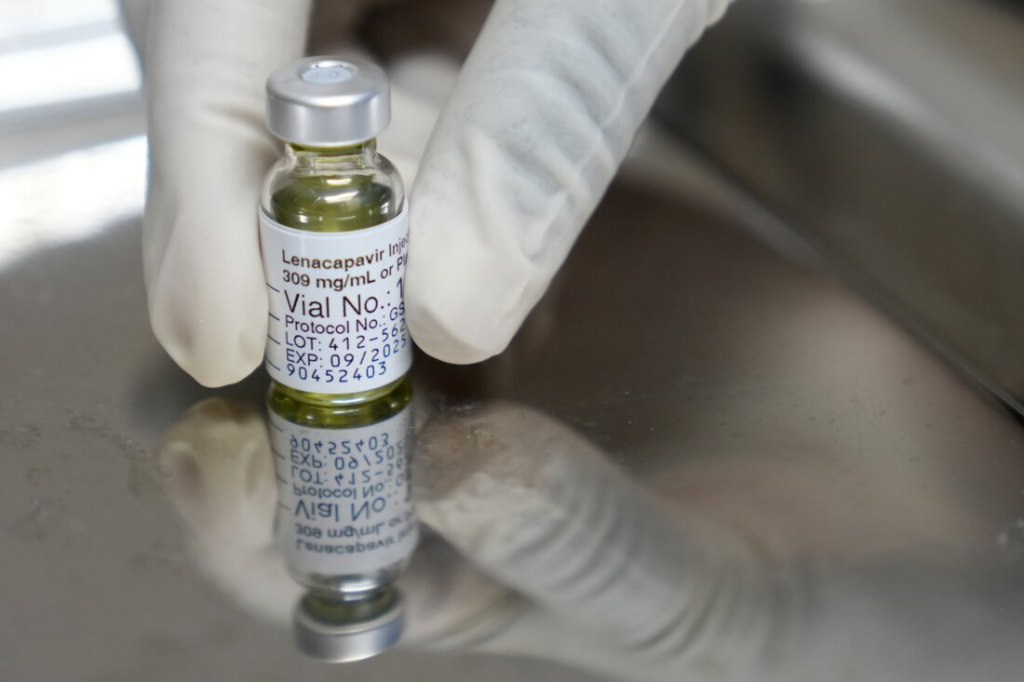Millions of people at high risk of HIV infection could soon access a new long-acting injectable drug to prevent the virus.
The drug, lenacapavir, is administered twice a year and could be a groundbreaking tool in the fight against HIV under an arrangement announced by major donors.
According to a joint statement from the Global Fund and the United States President’s Emergency Plan for AIDS Relief (PEPFAR), at least two million individuals in countries supported by these organisations could benefit from lenacapavir over the next three years.
This initiative is supported by the Children’s Investment Fund Foundation (CIFF) and the Bill & Melinda Gates Foundation (BMGF).
“The Global Fund and the United States President’s Emergency Plan for AIDS Relief (PEPFAR) are aiming to secure sustainable arrangements for countries to access this new, potentially game-changing HIV prevention innovation – backed by a significant commitment from Children’s Investment Fund Foundation (CIFF), and with support from Bill & Melinda Gates Foundation (BMGF) – that would enable access to lenacapavir for at least 2 million people over three years in countries supported by PEPFAR and the Global Fund,” the PEPFAR statement reads.

Lenacapavir, developed by Gilead Sciences, was tested in Uganda and South Africa, demonstrating complete protection for study participants at high risk of HIV infection.
Uganda, which records approximately 38,000 new HIV infections annually despite existing preventive measures, could significantly benefit from this innovation.
Lenacapavir’s use for HIV pre-exposure prophylaxis (PrEP) is contingent on regulatory approvals from the U.S. Food and Drug Administration, national pharmaceutical regulators, and a recommendation from the World Health Organisation (WHO).
Peter Sands, Executive Director of the Global Fund, expressed optimism, saying lenacapavir could lead to a major reduction in new infections.
“At the Global Fund, we are incredibly excited by the promise of lenacapavir and its potential to help us achieve a further significant reduction in new infections among individuals at high risk of acquiring HIV,” Sands said.
Ambassador Dr John Nkengasong, the U.S. Global AIDS Coordinator, highlighted lenacapavir’s potential to transform HIV prevention efforts.
“We cannot reach a sustainable HIV response without rapidly reducing the 1.3 million new HIV infections that occur worldwide every year.”
“Lenacapavir offers a potentially tremendous opportunity to transform the impact of HIV programs to ensure adolescent girls and young women, key populations, and others who could benefit have access to highly effective HIV prevention, testing and treatment services and to end HIV/AIDS as a public health threat by 2030,” he said.


